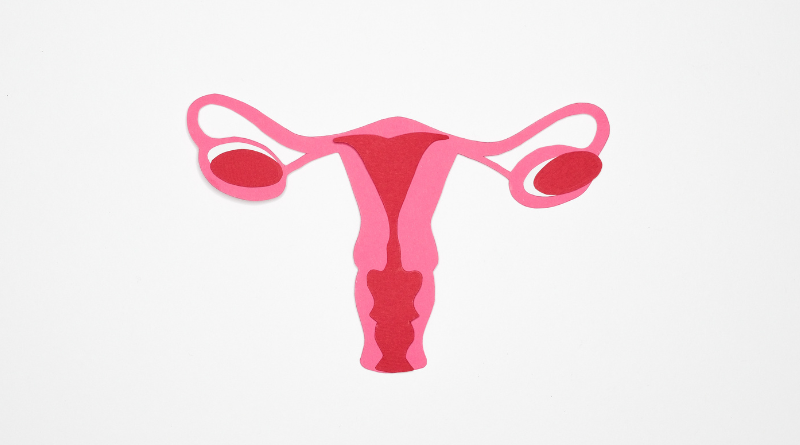What’s Polycystic Ovary Syndrome?
Polycystic ovary syndrome is a condition that affects how the ovaries work. Here’s what you need to know
So you’re going through puberty, and lots of girls seem to be growing boobs and bums, but you’re growing lots of body hair. What’s going on?
Well – puberty affects everyone differently, and it might be that you’re just developing in a different way to your friends. But there’s also a surprisingly common condition that might be at fault, called polycystic ovary syndrome (PCOS.)
Here’s Fumble’s guide to everything you need to know about it.
What is polycystic ovary syndrome?
PCOS is a condition that affects the function of the ovaries – those little organs that grow and release eggs, in the reproductive system of women and people with a uterus. Many people think that PCOS means you have cysts on your ovaries because of the name, but this isn’t true.
One of the main causes of PCOS is when your ovaries receive mixed messages and get confused. Your ovary will start growing an egg but not know what to do, so it pauses the egg, grows, pauses the egg, grows. And sometimes your ovary will release an egg. When you have a scan of the ovaries, you’ll see the paused eggs which look like dots. Before scientists knew these were paused eggs, they were called cysts!
Watch this video to learn more.
PCOS is very common – it’s estimated that approximately 1 in 5 women and people with ovaries have it in the UK, and over half of these people don’t have symptoms.
Signs and symptoms
This all sounds pretty complex, right? So here are some of the common signs and symptoms:
🔍 Irregular periods or no periods
🔍 Excessive hair growth-normally on the face, chest, back, or bum
🔍 Weight gain
🔍 Hair thinning or hair loss from the head
🔍 Acne or oily skin
🔍 Trouble getting pregnant
Causes
Now you know some of the signs and symptoms of PCOS, let’s talk about what causes it. Well, the precise cause of polycystic ovary syndrome isn’t known. But experts believe it is related to hormone imbalances. These hormones are chemical messengers that help your body function in different ways, affecting things like reproduction, hunger regulation, and emotions.
Hormones involved in PCOS include:
👉 Testosterone: this is often thought of as the “male” hormone, but everyone has testosterone in their body. A person with PCOS often has higher levels than what is considered normal in someone with ovaries.
👉 Insulin: people with PCOS usually have high levels of insulin, which makes the ovaries produce more testosterone.
👉 Progesterone: this is the “sex” hormone, which prepares your body for pregnancy and plays a role in the menstrual cycle. Some people with PCOS may have low levels of this hormone.
PCOS may also be genetic. If you have a relative with PCOS, you could be at an increased risk of developing it. However, anyone can develop PCOS, even if none of your relatives have it.
Tips
If you think you might have PCOS, the first thing you should do is go and see your GP. They can run a bunch of tests to see if you have it or not.
If you have a diagnosis of PCOS, you may be feeling a little overwhelmed. That’s totally normal and okay. Don’t be hard on yourself.
So what do you do now?
💭 It’s important to know that none of this is your fault. It may be hard to process and you may feel down about it – but don’t worry, you’re going to be okay!
💭 Be sure to surround yourself with supportive family and friends who you can talk to about PCOS.
💭 Follow inspiring people with PCOS on Instagram. Check out Harnaam Kaur who totally rocks the beard, and you can too! If you want to remove your extra hair, that’s fine, but don’t feel like you have to.
💭 A healthy diet and plenty of exercise may make some symptoms better.
💭 There’s medication to treat symptoms of excessive hair growth, irregular periods, and fertility problems.
💭 Remember you are amazing and fabulous. Lots of people have PCOS, so you’re not alone. Do whatever feels right for you.
Other support
Read more
Last Reviewed 21 June 2023
Image Credit: Nadezhda Moryak via Pexels





